Cats are known for their independence and mysterious nature, often masking discomfort or pain. As a cat owner, understanding your feline friend’s subtle signals can be crucial in identifying health issues early. Spotting the signs promptly can lead to more effective treatment, potentially saving your cat from severe health complications.
Understanding Cat Behavior
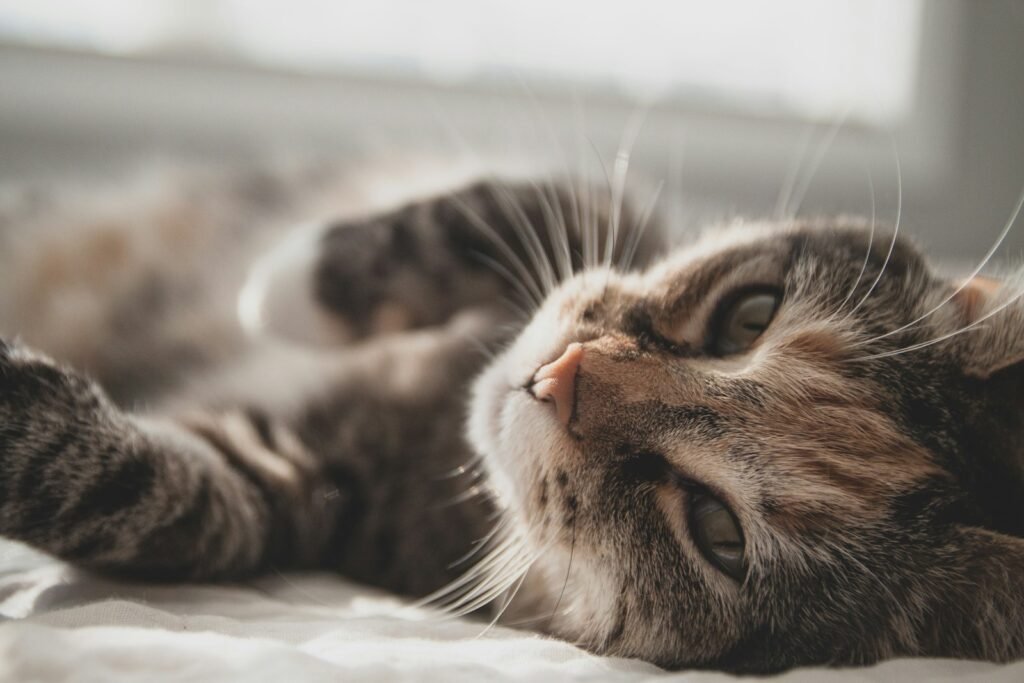
Cats are creatures of habit, and significant deviations from their routine should raise a flag. Whether it’s a change in their eating habits, altered grooming routines, or unusual hiding behavior, these signs can indicate an underlying health issue. Being observant and understanding what constitutes ‘normal’ behavior for your cat is the first step toward ensuring their well-being.
Changes in Appetite
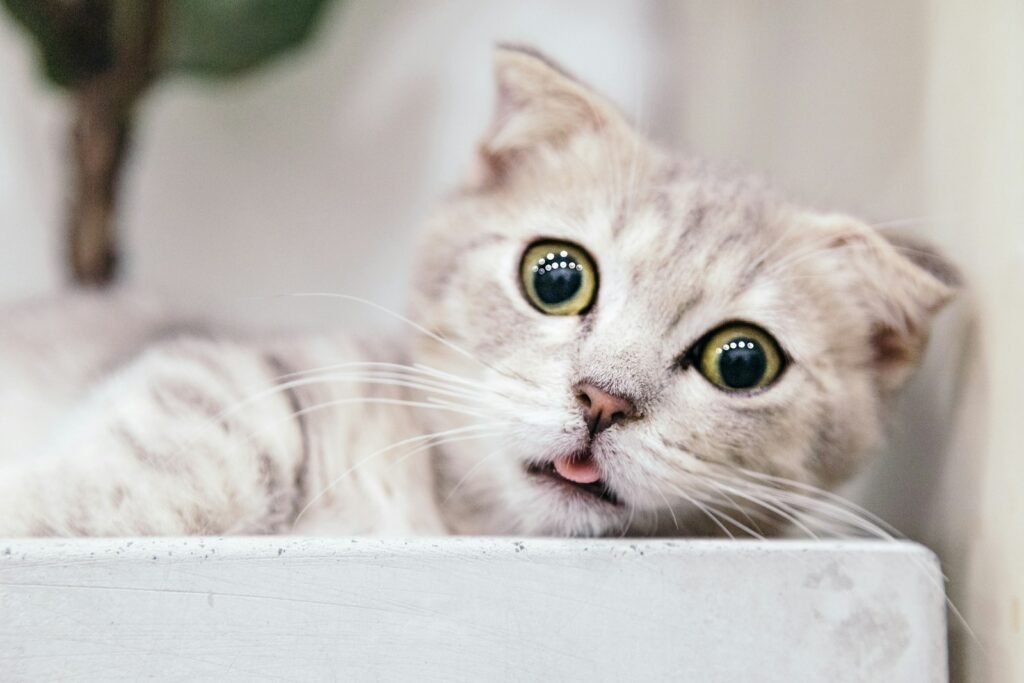
One of the earliest signs of potential health problems is a change in your cat’s appetite. A sudden decrease or increase in food intake could suggest issues such as dental problems, digestive disorders, or even diabetes. Pay attention to how much your cat is eating and consult a vet if there is a significant change.
Weight Fluctuations
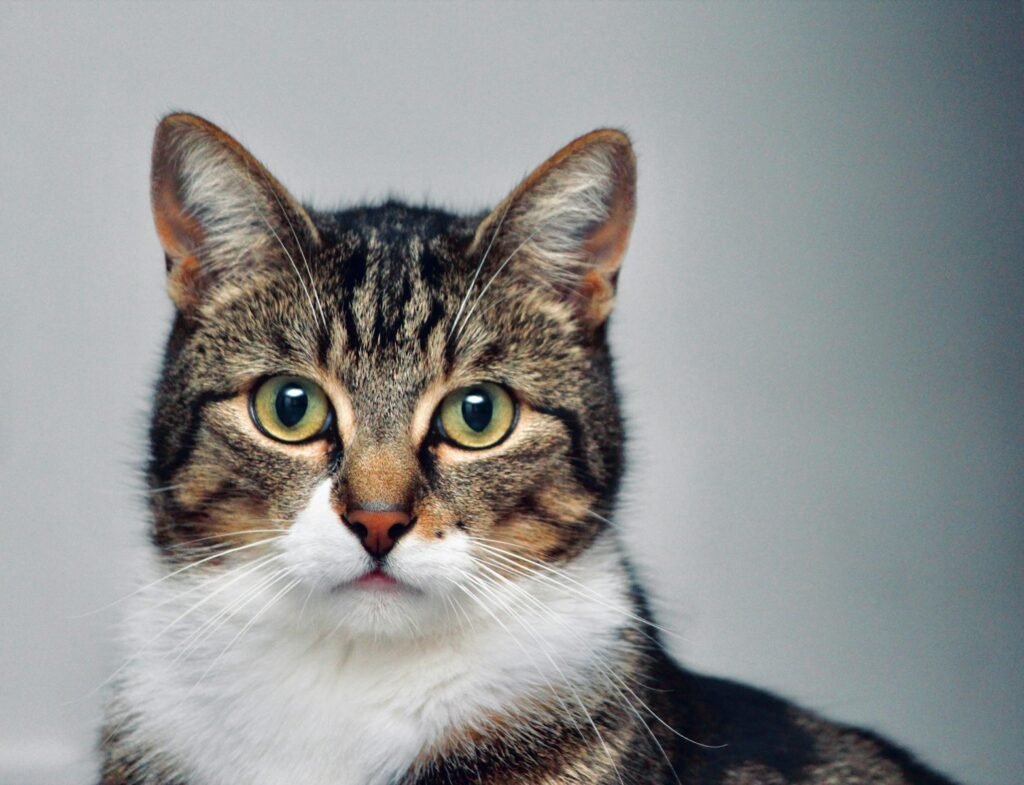
Monitoring your cat’s weight is essential. Rapid weight loss can indicate problems like hyperthyroidism or kidney disease, while sudden weight gain might point to a metabolic issue. Regularly weighing your cat and noting any unexplained changes can help catch health problems early.
Altered Grooming Habits
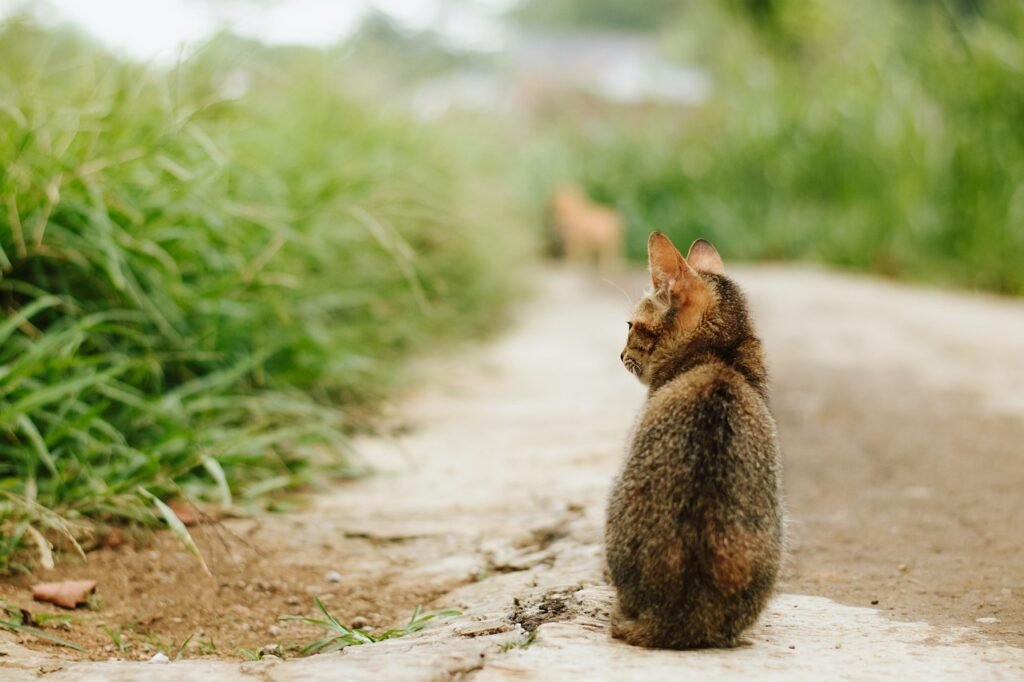
Cats are meticulous groomers, so a decrease in grooming could mean that they are not feeling well. Conversely, excessive grooming may indicate skin problems or stress. If you notice that your cat’s coat appears unkempt or they are over-grooming, it’s a good idea to seek veterinary advice.
Lethargy and Reduced Activity
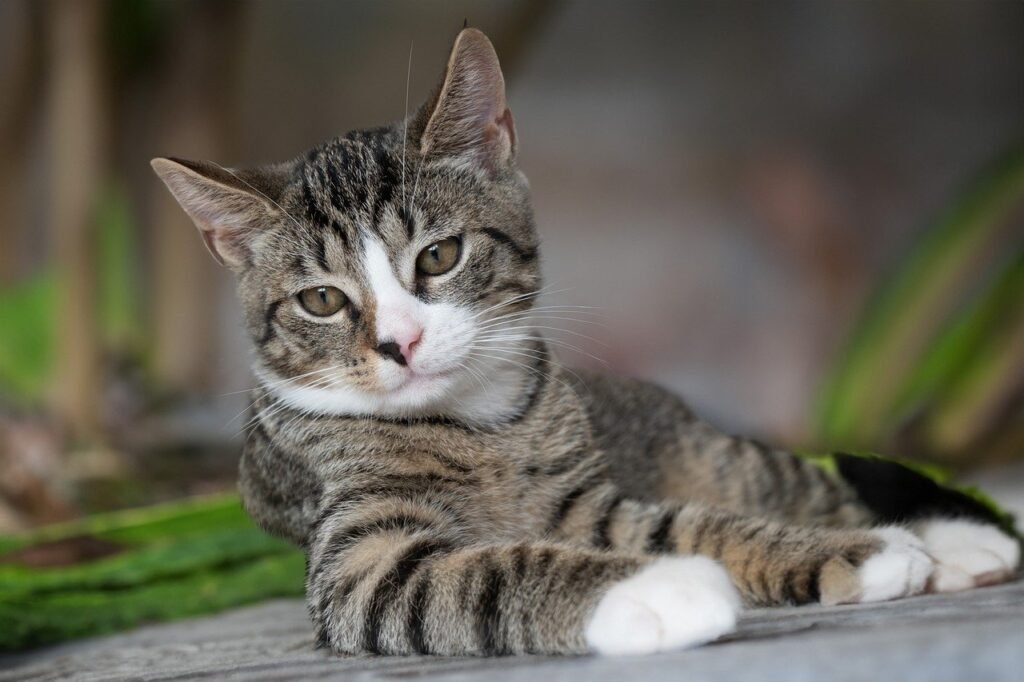
Cats love to nap, but if your typically active feline is suddenly lethargic or reluctant to move, it might be a sign of illness. Conditions such as anemia, arthritis, or infection can cause fatigue. Observing energy levels and activity is key to early detection of health issues.
Changes in Bathroom Habits
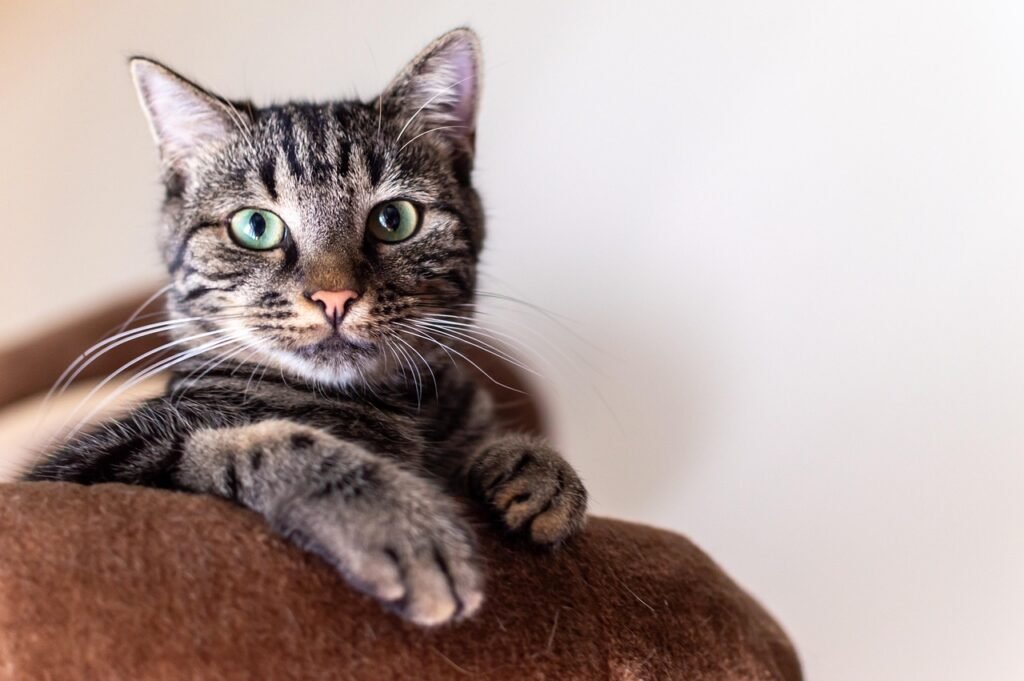
Monitoring your cat’s litter box habits is vital. Issues like straining to urinate, diarrhea, or blood in the urine or stool can signal urinary tract issues or gastrointestinal problems. Maintaining a clean litter box helps you notice any abnormalities quickly.
Respiratory Changes
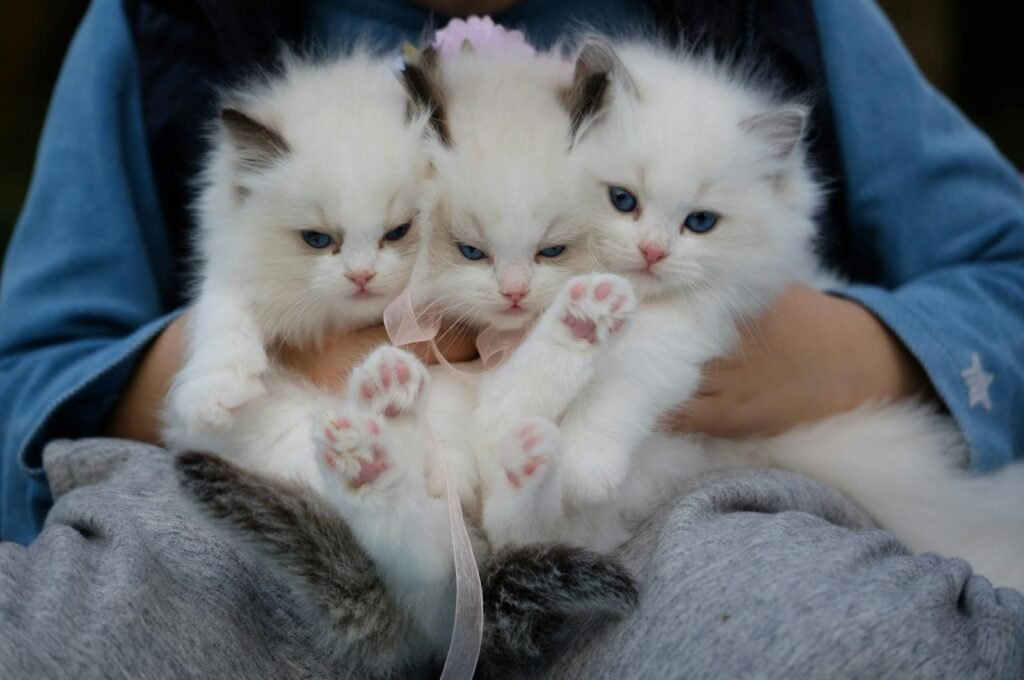
If your cat is experiencing coughing, wheezing, or difficulty breathing, it could be a sign of respiratory infections or asthma. Any persistent respiratory changes warrant a veterinarian visit to rule out serious conditions.
Visible Pain or Discomfort
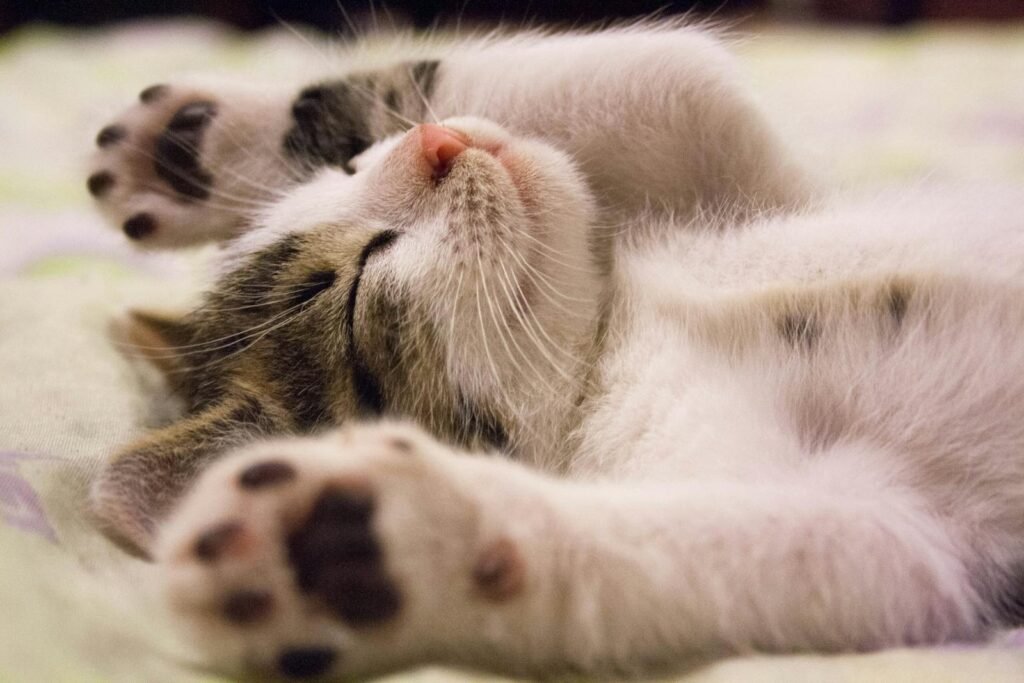
Cats are adept at hiding pain, but there are tell-tale signs like limping, sensitivity to touch, or vocalizations when certain areas are touched that indicate discomfort. Observing your cat’s reaction to touch can help identify painful areas.
Ear and Eye Health
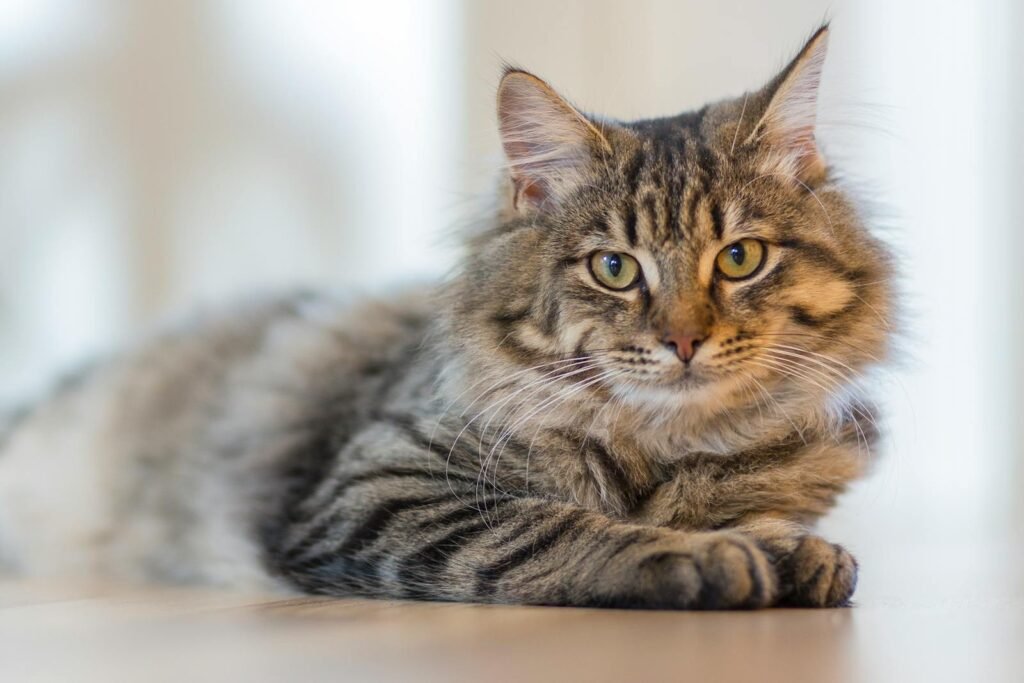
Check your cat’s eyes and ears regularly for unusual discharge, redness, or swelling. Eye issues can indicate infections or injuries, while ear problems might suggest parasites or infections. Prompt attention to these symptoms can prevent more serious health issues.
Behavioral Changes
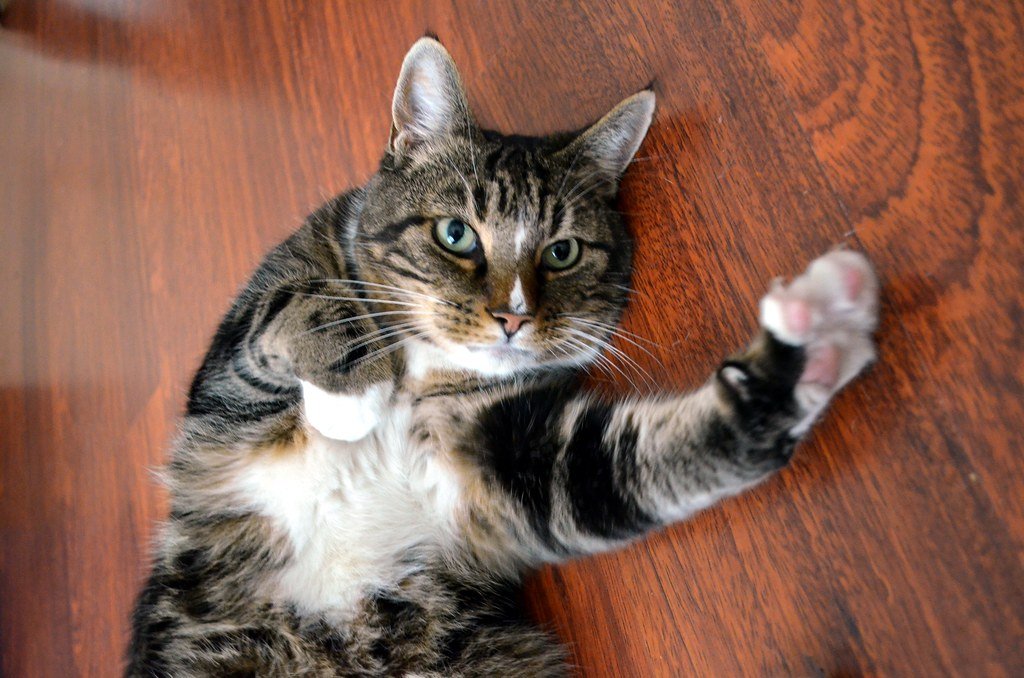
Sudden changes in behavior, such as aggression, hiding, or increased vocalization, can indicate stress, pain, or neurological issues. Understanding your cat’s behavior patterns and consulting a vet when sudden changes occur is crucial for their health.
Conclusion: The Importance of Early Detection
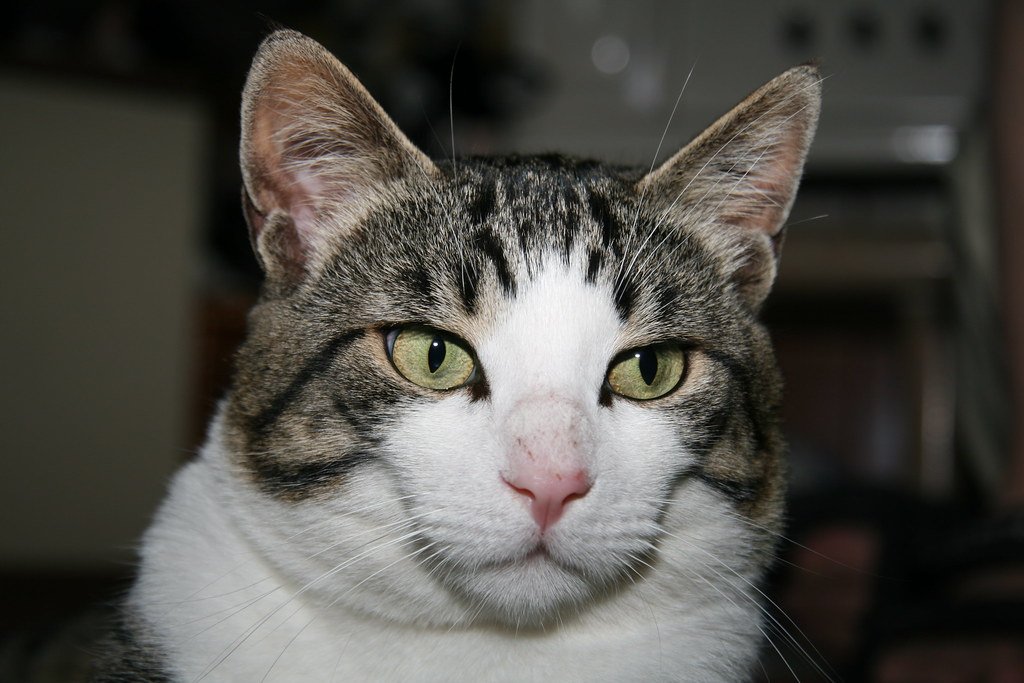
Recognizing the early signs of health issues in cats requires a combination of observational skills and proactive care. Regular veterinary check-ups and a keen eye for changes in behavior, appetite, or physical appearance can help ensure your feline friend leads a healthy life. By understanding and acting on these subtle signs, you can provide your cat with timely medical attention, enhancing their quality of life and longevity.
Hi, I’m Bola, a passionate writer and creative strategist with a knack for crafting compelling content that educates, inspires, and connects. Over the years, I’ve honed my skills across various writing fields, including content creation, copywriting, online course development, and video scriptwriting.
When I’m not at my desk, you’ll find me exploring new ideas, reading books, or brainstorming creative ways to solve challenges. I believe that words have the power to transform, and I’m here to help you leverage that power for success.
Thanks for stopping by, Keep coming to this website to checkout new articles form me. You’d always love it!






